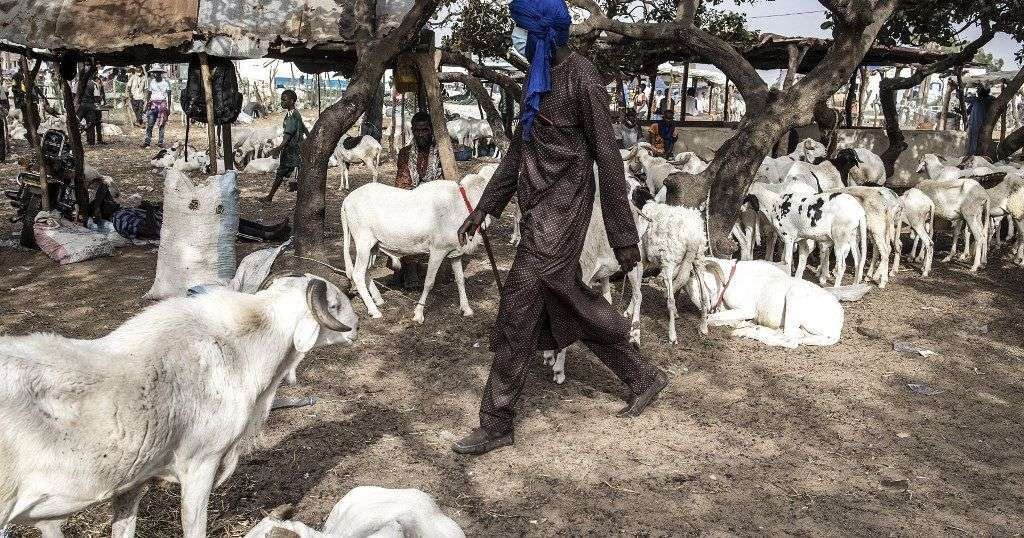Dakar, Senegal – (African Boulevard News) – Unrest in Senegal is hampering the preparations of the country’s sheep herders ahead of the Muslim holiday, Aid-al-Adha, also known as Tabaski in Western Africa. This annual religious festival is celebrated by Muslims worldwide, with the slaughtering of sheep being a significant part of the festivities.
Senegal, the most populous country in West Africa, is known for its sheep farming, especially during the Tabaski festival, where thousands of sheep are purchased and prepared for sacrifice in Muslim households. However, the country’s recent political turmoil has disrupted this year’s preparations, causing concern among the local population.
The ongoing political protests in Senegal have resulted in shortages of animal feed, high transportation costs, and increased insecurity, making it challenging for sheep herders to deliver their livestock to the market. This year, due to the COVID-19 pandemic, Senegal has also closed its borders, making it even more difficult to import livestock from neighboring countries.
According to local farmers, this year’s Tabaski festival is going to be different from previous years since they have been unable to market their animals as usual. They are also worried that there may not be enough sheep available for purchase, and the price of livestock may skyrocket due to the reduced supply.
Boubacar Thiam, a sheep herder in Senegal, says, “We are facing a significant challenge this year. We have been unable to sell our sheep due to the political crisis, and the animals are beginning to lose weight. I fear that we will not be able to make enough money to provide for our families during the holiday season.”
The Senegalese government has pledged to support the farmers by providing them with animal feed and subsidizing the cost of transportation. However, the farmers say that these initiatives are not enough to address their concerns.
In conclusion, the unrest in Senegal is having a ripple effect on the country’s sheep herders and the preparations for the upcoming Tabaski festival. With the political crisis and the border closures, the farmers are struggling to sell their sheep, leading to a shortage of supply and increased prices. The Senegalese government’s intervention is welcome, but it may not be sufficient to alleviate the concerns of the farmers. As we approach the holiday season, it remains to be seen how the situation will unfold and how the farmers will cope with the challenges posed by the current uncertainty.

